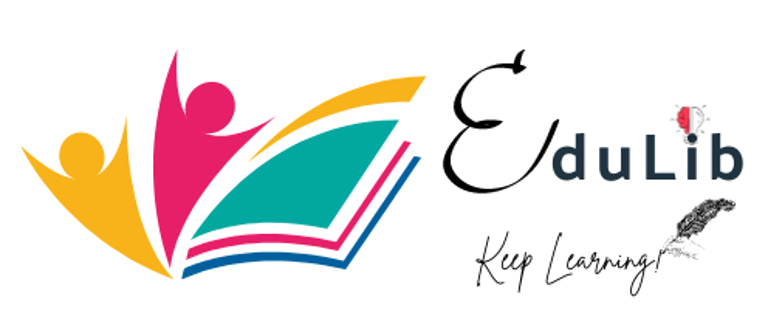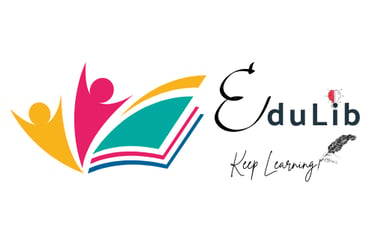
Insight from a Teacher's Journey: 8 Important Points on Interacting with Colleagues in Diverse Educational Institutions
Gain valuable insights from a teacher's journey on fostering positive interactions with colleagues in diverse educational institutions. Discover 8 essential points for creating a collaborative and supportive work environment.
In the dynamic world of educational institutions, teachers often find themselves collaborating with diverse colleagues in pursuit of shared goals. Navigating these professional relationships with grace and efficacy is paramount to fostering a productive and harmonious workplace. Drawing from personal experiences, this article explores eight essential points that offer invaluable guidance for teachers when interacting with colleagues. From seeking clarity and self-reliance to fostering honesty and respect, these insights form a blueprint for building strong, positive, and collaborative relationships in the educational sphere.
1. Always Seek Clarification and Ask Questions: When assigned a task, it's crucial to seek clarification if anything is unclear. Don't hesitate to ask questions, especially when it involves procedures or guidelines you're unsure about. Seeking clarity ensures that you perform the task accurately and efficiently, promoting a culture of open communication and understanding within the workplace.
2. Be Professional and Self-Reliant: Recognise that everyone is responsible for their own professional conduct and actions. Avoid relying on others to cover for you or vice versa. Taking ownership of your work and maintaining professionalism at all times is essential for building trust and credibility among colleagues.
3. Refrain from Lying or Covering Up: Honesty is the foundation of trust in any working relationship. Never lie for anyone, particularly in situations involving safeguarding issues or where their jobs may be at stake. Uphold ethical principles, even if it means facing difficult situations, and prioritise the well-being of individuals and the organization.
4. Seek Legal Guidance Before Responding: If faced with a situation that could have negative consequences, such as accusations or legal matters, it's prudent to seek legal counsel or guidance from your union before responding. Protect your rights and ensure that your actions are in line with the law and workplace regulations.
5. Stand Your Ground Respectfully: Respect is a fundamental aspect of professional interactions. If you feel disrespected by a colleague, address the situation assertively and respectfully. Correct any misunderstandings, communicate your boundaries, and foster a workplace culture where mutual respect is valued.
6. Avoid Backbiting and Gossip: Gossiping or speaking negatively about colleagues creates a toxic work environment and erodes trust among team members. Instead, focus on addressing issues directly and constructively. Encourage open dialogue and feedback to resolve conflicts in a healthy manner.
7. Prioritise Your Interests Without Harming Others: In situations where there is a clash of interests, consider the consequences of your actions on others. Prioritise your interests while being mindful of the impact on your colleagues and the organization. Seek win-win solutions whenever possible.
8. Allow Room for Minor Errors and Imperfections: Recognise that everyone makes mistakes, and nobody is perfect. Be understanding and forgiving of minor errors on the part of your colleagues. Encourage a supportive environment where individuals can learn and grow from their mistakes without fear of harsh judgment.
As educators, the interactions we have with our colleagues significantly impact the culture and effectiveness of the educational institutions we serve. The eight important points gleaned from personal reflections form a solid foundation for cultivating respectful, supportive, and cooperative relationships with our peers.
By embracing open communication and seeking clarification when needed, we create an environment where misunderstandings are minimised, and tasks are executed with precision. Demonstrating professionalism and self-reliance not only earns the trust and respect of colleagues but also promotes a sense of responsibility and accountability.
Honesty and integrity are non-negotiable components of any strong professional relationship. Upholding ethical principles, being transparent, and refraining from gossip or deceit build a culture of trust and credibility, fostering an atmosphere of unity and cooperation.
When facing challenging situations, seeking legal guidance and addressing conflicts assertively while respecting boundaries contribute to a healthier and more productive work environment. Prioritising our interests without causing harm to others and allowing room for minor errors and imperfections engenders compassion and empathy within our teams.
Ultimately, as we implement these insights in our interactions with colleagues, we create a ripple effect that positively impacts the educational institution as a whole. By leading with respect, understanding, and collaboration, we contribute to a thriving educational community that empowers both educators and students to reach their full potential.




